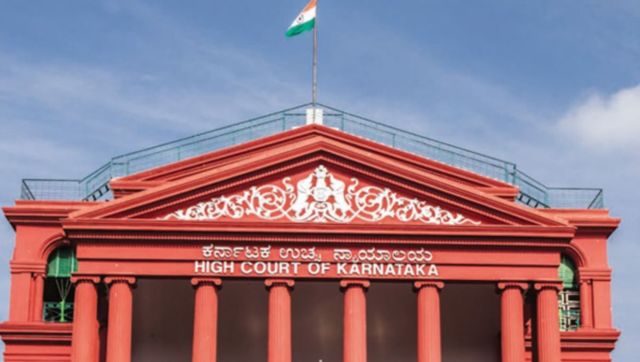The Karnataka High Court has suggested amending the law to address the issue of rape with dead bodies, emphasizing the need for a separate provision in Section 376 of the Indian Penal Code (IPC) to include the term “dead body.” This amendment would enable the sentencing of individuals involved in such heinous acts, ensuring life imprisonment for culprits who commit necrophilia or sexual assault on dead bodies of men, women, or animals. The court has recommended that the Union government either amend Section 377 or introduce a distinct provision to criminalize acts of necrophilia or sadism against deceased women. Several countries like the UK, Canada, New Zealand, and South Africa have already enacted legislation to uphold the dignity of deceased individuals, particularly women. This decision was made in a case where Rangaraju was found guilty of raping and murdering a woman in Tumakuru district. The court overturned the initial 10-year imprisonment sentence and instead confirmed a life sentence with a fine, which had been imposed by the sessions court in August 2017. Rangaraju had brutally murdered a 21-year-old girl by slitting her throat while she was returning home from computer classes in June 2015. The court also highlighted media reports of alleged incidents involving guards raping the bodies of deceased individuals, particularly young women in mortuaries. It urged the state government to take immediate action to prevent such crimes. It is unfortunate that India lacks specific legislation, including provisions within the IPC, to safeguard the dignity and rights of deceased individuals, especially women, and to deter crimes against them, the court noted. Referring to the Rangaraju’s case, the court said the accused first murdered the victim and then had sexual intercourse with the dead body. ‘Necrophilia is not Rape’ It cannot be held as a sexual or unnatural offence as defined under Sections 375 and 377 of the IPC and also it cannot be termed as rape punishable under Section 376 of the IPC. Utmost, it can be considered as sadism and necrophilia. “It is our experience that newspapers publish reports of people illegally keeping dead bodies on the road or in front of police stations, holding up traffic for hours, in support of their demands for compensation or better amenities. Society should not allow such disgrace to the dead. The state…must take possession of the bodies misused by people, for their decent and dignified funeral,” the court said. Recommendations by High court Within a period of six months, it is imperative to implement the installation of closed-circuit television (CCTV) cameras in both government and private mortuaries as a preventive measure against offenses committed against the deceased, particularly women. Additionally, it is crucial to uphold high standards of cleanliness and hygiene within mortuaries, ensuring that the bodies are preserved in a dignified manner. To safeguard the privacy and sensitivity of clinical records, it is essential to establish a robust mechanism for securely storing information pertaining to the deceased, especially in cases involving HIV or suicides. To maintain a level of security and respect, it is vital that postmortem rooms remain inaccessible to the general public. Furthermore, regular awareness programs should be conducted for mortuary staff, providing them with updated knowledge and guidance on the proper handling and treatment of deceased individuals. Read all the Latest News , Trending News , Cricket News , Bollywood News , India News and Entertainment News here. Follow us on Facebook , Twitter and Instagram .
Dignity of Deceased: K'taka HC tells Centre to criminalise necrophilia, sex with dead women
Abhishek Awasthi
• June 1, 2023, 12:18:14 IST
The court has recommended that the Union government either amend Section 377 or introduce a distinct provision to criminalize acts of necrophilia or sadism against deceased women
Advertisement
)
End of Article